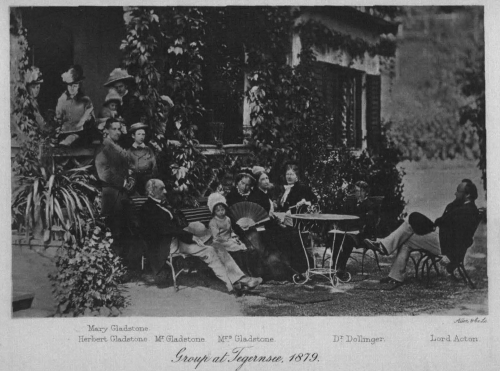
What made this son of Scottish parents both great and memorable, however, was not simply a long career in government. Indeed, as a devoutly religious man he always put service to God ahead of service to country and felt that what he did as a politician should be unequivocally faithful to both. What made Gladstone great and memorable was what he actually accomplished while he served in government. Biographer Magnus says Gladstone “achieved unparalleled success in his policy of setting the individual free from a multitude of obsolete restrictions.”
Today, when a citizen is elected with a mandate to cut the government down to size, but ends up moderating his positions while in power, conventional wisdom credits him with having “grown in office.” Gladstone “grew” but in precisely the opposite direction. When he entered Parliament at age 22 in 1832, Gladstone was a protectionist on trade, a defender of the state-subsidized Church of England, an opponent of reform and a protector of the status quo. By 1850, he had become an ardent advocate of free trade and by 1890 had reduced Britain’s tariffs from 1,200 to just 12.
Gladstone slashed government spending, taxes, and regulations. He ended state subsidies for the Church of England in Ireland. He pushed through reforms that allowed Jews and Catholics to serve in Parliament and that extended the vote to millions of taxpaying workers who had previously been denied the franchise. He extolled the virtues of self-help and private charity. And he lived what he preached. Even as prime minister, Gladstone was so moved by the degraded plight of London prostitutes that he would search the streets of London to talk them out of their destructive occupation.

Update: More on Gladstone at Scriptorium Daily, “Gladstone: The Impregnable Rock of Holy Scripture.”

